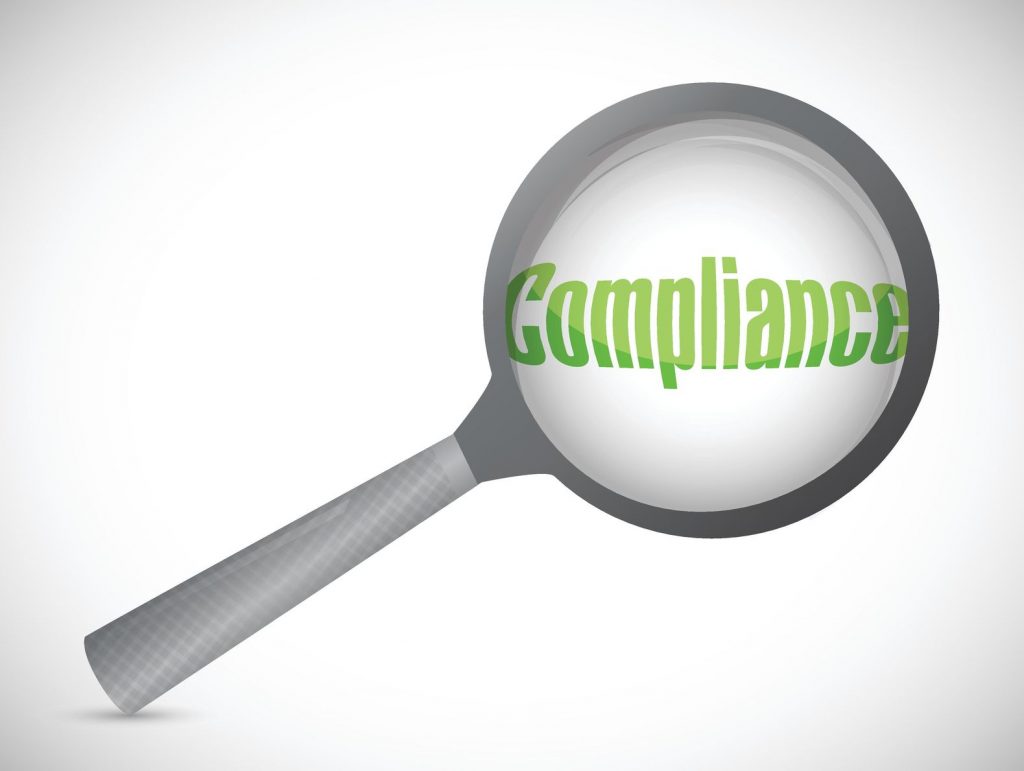
Maintaining U.S. Equal Opportunity Commission (EEOC) compliance is crucial for any business. A proactive EEOC compliance program can provide you with protection against unanticipated loss or expense.
The EEOC prevents discrimination based on: age, disability, equal pay/compensation, genetic information, national origin, pregnancy, race, religion, retaliation, sex and sexual harassment.
Below are a few items we recommend having in your EEOC compliance program:
- A statement in the handbook.
Your company handbook should include a statement that your business will remain in full compliance with all local, state, and federal anti-discriminatory laws. TrendHR can do this for you. For more information contact TrendHR at 214.553.5505. - Create a process for reporting EEOC complaints.
We recommend using a 1-800 number for employees to voice their complaints. In addition to the face-to-face option, this ensures the employee cannot complain there was a lack of suitable avenues to address their complaint. - Clearly outline unacceptable behaviors, stating that the business will abide to all rules of the EEOC.
Be as specific as possible. A detailed and clear outline of unacceptable behaviors will enable you to discipline employees who violate company policies. - Require all employees to abide by the laws.
- Train all managers on an annual basis about the requirements of the EEOC.
Keeping your managers updated on the importance of compliance may prevent them from making a mistake that could cost big bucks. If you need assistance in finding accurate training for your company, call TrendHR at 214.553.5505. We can help. - Ensure hiring procedures are in agreement with the EEOC.
All hiring managers need to be aware of potential downfalls when interviewing candidates. Job descriptions also need to be reviewed for possible non-compliance issues. - Investigate all claims immediately, thoroughly and confidentially.
Do not wait to investigate a claim, even if you suspect the employee’s claim may be false. Follow your set policy for complaints. Keep all information confidential when documenting the procedure and outcomes. - Do not retaliate against complainants.
Any employee who feels they have been discriminated against at work is protected against “adverse actions” from their employer under the EEOC. - Do not treat complainants differently.
Retaliation complaints are the most common violation, according to the EEOC. However challenging, managers should not treat employees any differently after a complaint is filed.
If you have any questions or would like assistance with your EEOC policies, contact TrendHR at 214.553.5505 or hr@trendhr.com.
This content is provided with the understanding that TrendHR is not rendering legal advice. While every effort is made to provide current information, the law changes regularly and laws may vary depending on the state or municipality. The material is made available for informational purposes only and is not a substitute for legal advice or your professional judgment. You should review applicable law in your jurisdiction and consult experienced counsel for legal advice. If you have any questions regarding this advisory please contact TrendHR at 214.553.5505 or email us at support@trendhr.com.
